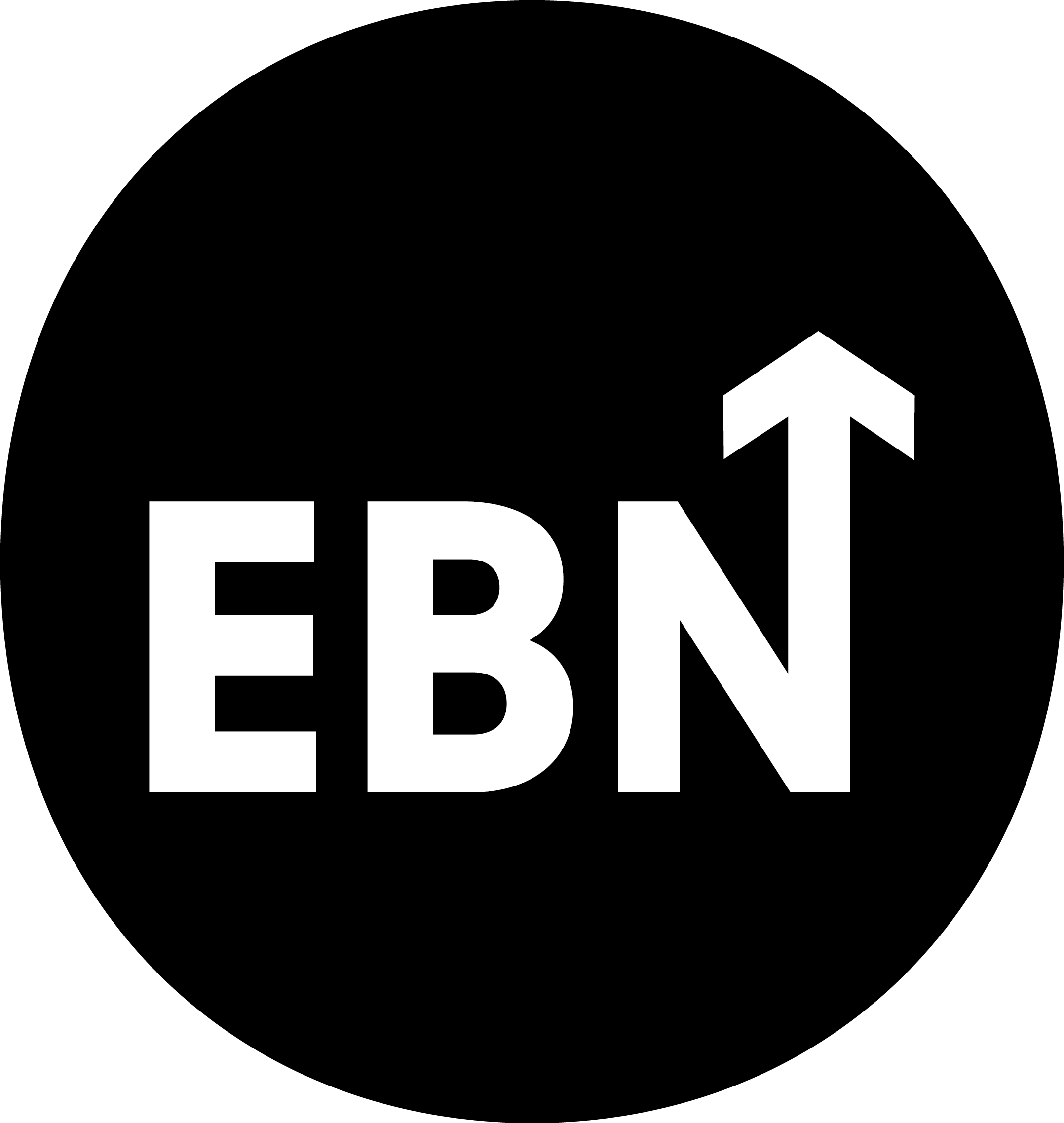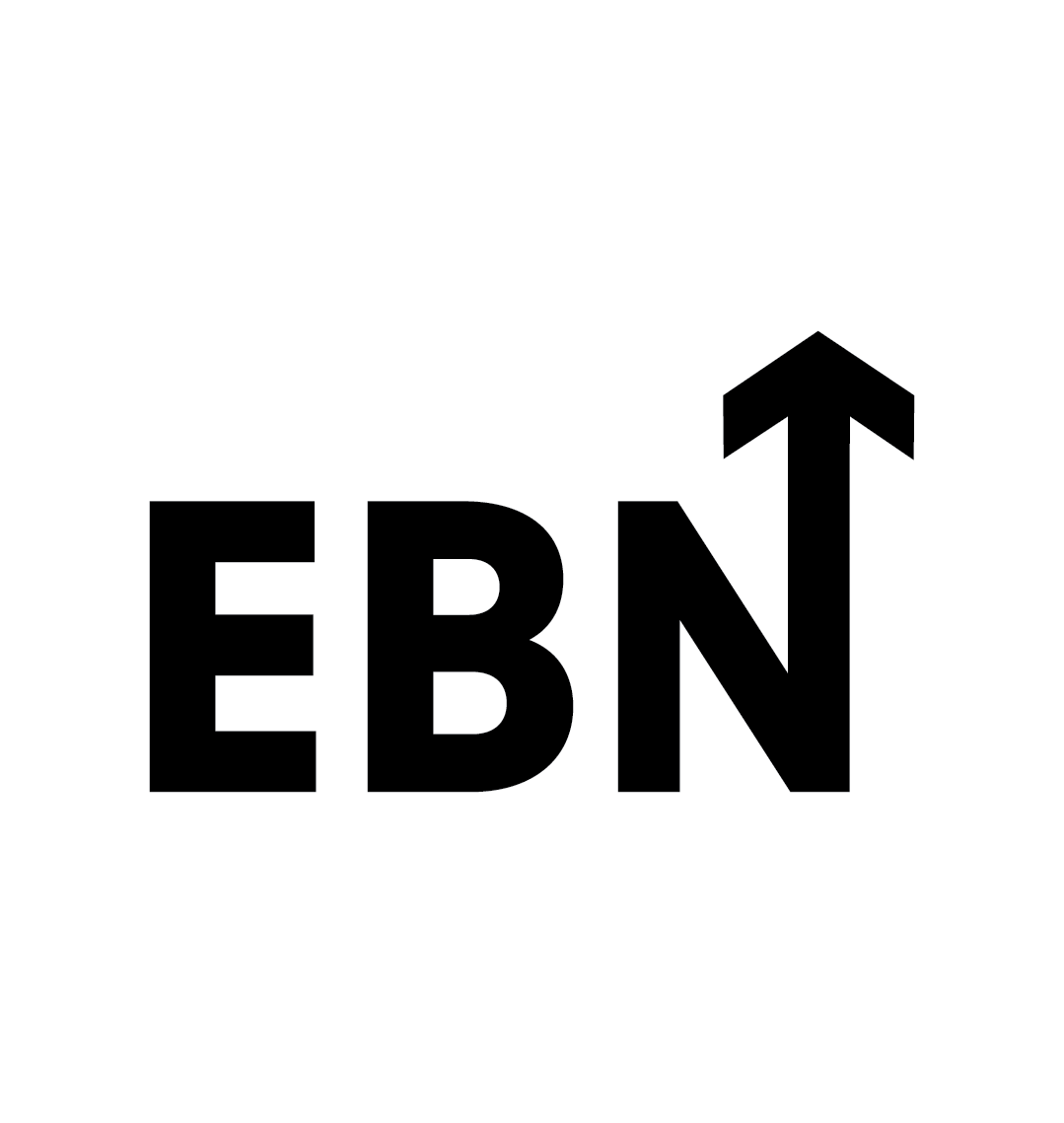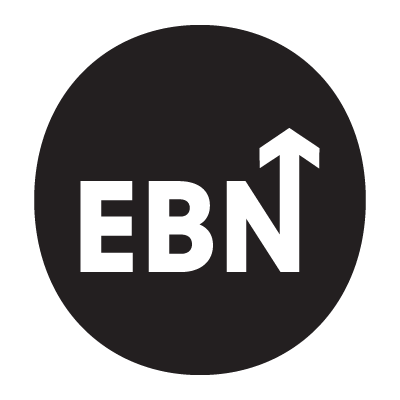Spotify isn’t playing along with the “back-to-office” brigade. They are staying firm on flexibility while others shift gears toward stricter office mandates. As Katarina Berg, Spotify’s Chief HR Officer, put it:
“You can’t spend a lot of time hiring grown-ups and then treat them like children.”
That’s not just a punchy one-liner—it’s the crux of Spotify’s work-from-anywhere strategy.
This isn’t about clinging to pandemic-era policies out of nostalgia—it’s a bold blueprint for employer branding that rewrites outdated playbooks.
Momentum isn’t always progress, especially when you always end up back where you started.
Fathom helps you escape the loop. With insight, not intuition.
RTO Mandates? Spotify Says No, Thanks
While companies like Amazon and Grab are moving to five-day office mandates, Spotify’s Work from Anywhere policy continues to challenge conventional wisdom. Grab recently announced that employees must return to the office five days a week starting December 2024, citing the need for better in-person collaboration and faster business growth. This reflects a growing trend among companies reverting to pre-pandemic norms
Spotify’s move to double down on remote work feels like a polite—but pointed—rebellion. Their Work from Anywhere policy, introduced mid-pandemic, wasn’t a knee-jerk reaction. It was a deliberate shift to trust employees to do their best work wherever they are. And while others argue that productivity requires proximity, Spotify has found otherwise: the company’s market value has almost doubled since rolling out this model.
Hybrid Done Right: Engagement, Not Enforcement
Spotify knows remote work isn’t perfect—collaborating across time zones can feel like playing chess by post. But rather than dragging everyone back to the office, Spotify encourages organic interaction. They introduced core weeks, where teams gather in person for strategic brainstorming. And they’ve sprinkled in some magic with “listening lounges” featuring live performances from artists like Olivia Dean, turning office visits into more than just workdays.
Helping HR, talent acquisition, employer branding, and company culture professionals find careers worth smiling about.
This approach isn’t about cracking the whip to fill desks—it’s about creating spaces that employees want to be in. As Berg says,
“We try to find things that make people want to come into the office rather than forcing them to”.
Performance Over Presence: Spotify’s Winning Formula
Spotify’s flexible policy hasn’t just kept the lights on—it’s reduced employee turnover by 15% and attracted a more diverse talent pool. Despite a restructuring last year, which saw Spotify lay off 17% of its workforce, the company bounced back with record-breaking financial performance.
The takeaway? Productivity isn’t tethered to office chairs. Berg’s philosophy is clear:
“Work isn’t a place—it’s something you do.”
Spotify’s success underscores that treating employees like professionals is not just good management—it’s a winning business strategy.
Spotify’s Employer Branding Lessons: Rebel, But Smart
Spotify’s strategy offers a roadmap for companies stuck in the back-to-office debate. Here’s what others can learn:
- Trust Drives Talent – Give employees the freedom to manage their work. You’ll get loyalty and performance in return.
- Incentives Over Ultimatums – Use engaging in-person events to encourage attendance. If people show up, it should be because they want to.
- Hire from Everywhere – A remote-friendly policy expands your talent pool and boosts workforce diversity.
- Measure Output, Not Hours – Focus on what gets done, not where or when it happens.
Flexibility: The Future of Work or Just a Fad?
Spotify’s employer branding is more than a feel-good policy—it’s a strategic advantage. In a labour market where top talent holds the cards, rigid office mandates are a quick way to lose the game. By doubling down on flexibility, Spotify ensures they attract the brightest minds—and keep them engaged.
As Berg puts it:
“You can’t develop a great product if you don’t have great people—and great people don’t need babysitters”.
Spotify’s approach signals that the future of work belongs to those bold enough to embrace trust, autonomy, and new ways of thinking.
So, here’s the million-dollar question: Is your company ready to follow suit, or will you be left explaining to your board why your best talent is working somewhere else?
Takeaways
What is Spotify’s Work from Anywhere policy?
Spotify allows employees to choose where they work—whether at home, in the office, or anywhere else.
How does Spotify manage in-person collaboration?
The company uses core weeks for team gatherings and organizes events like listening lounges to foster engagement.
Has the remote model impacted Spotify’s performance?
No—Spotify’s market value has grown, and the company reports reduced turnover.
How does Spotify handle cross-time zone collaboration?
Spotify uses collaboration tools and flexible scheduling to accommodate different time zones.
Is Spotify’s policy permanent?
Yes, the Work from Anywhere model is a core part of the company’s long-term strategy.
What can other companies learn from Spotify’s approach?
Companies can benefit from trust-based policies, global hiring, and performance-focused metrics.







